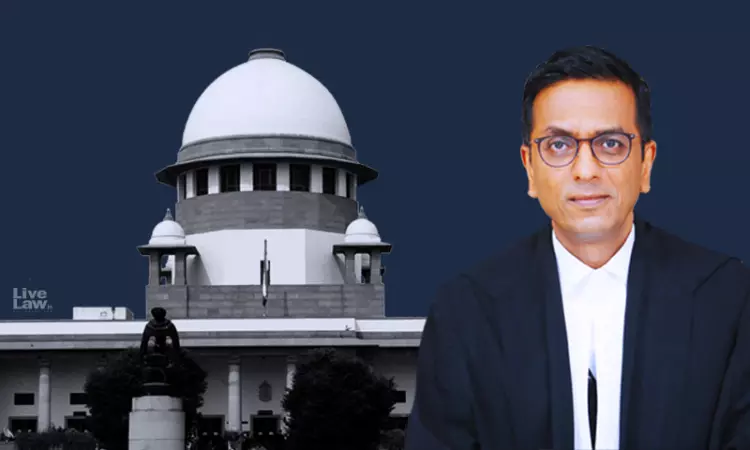Mediate, Don’t Litigate: CJI DY Chandrachud’s Message to Union Govt to ‘Declog’ Courts
Awstika Das
15 April 2023 11:42 AM IST

When the government mediates, it sends a message that it is not an adversarial opponent to the citizens of India, the Chief Justice of India said.
Next Story


